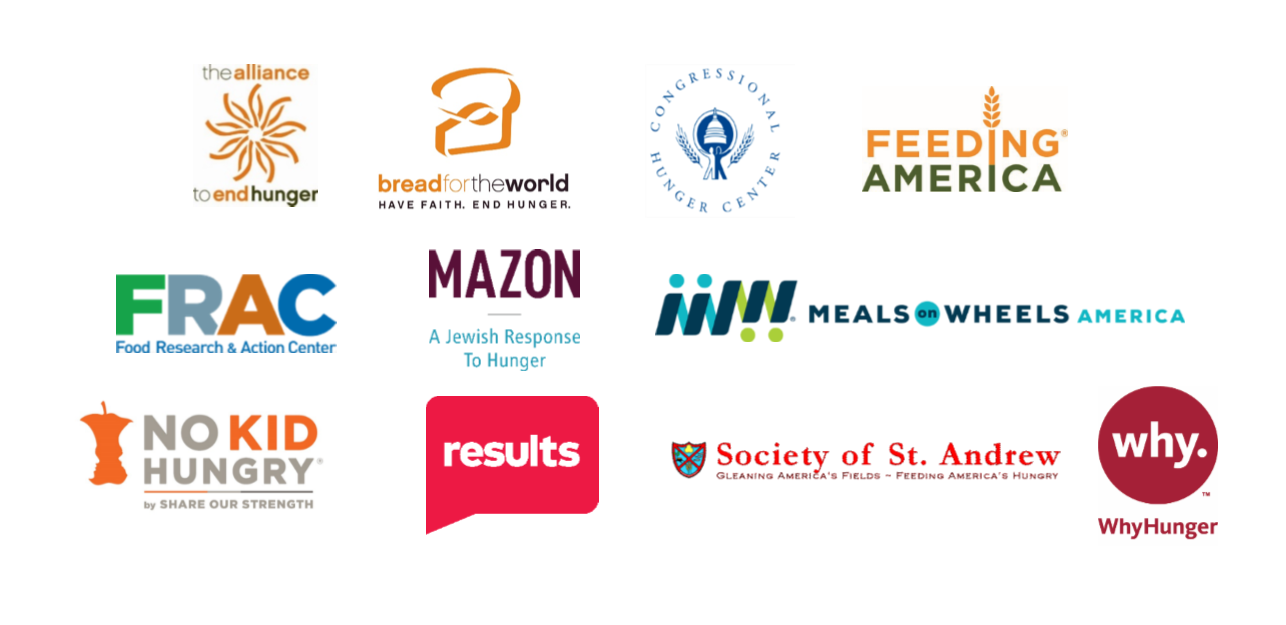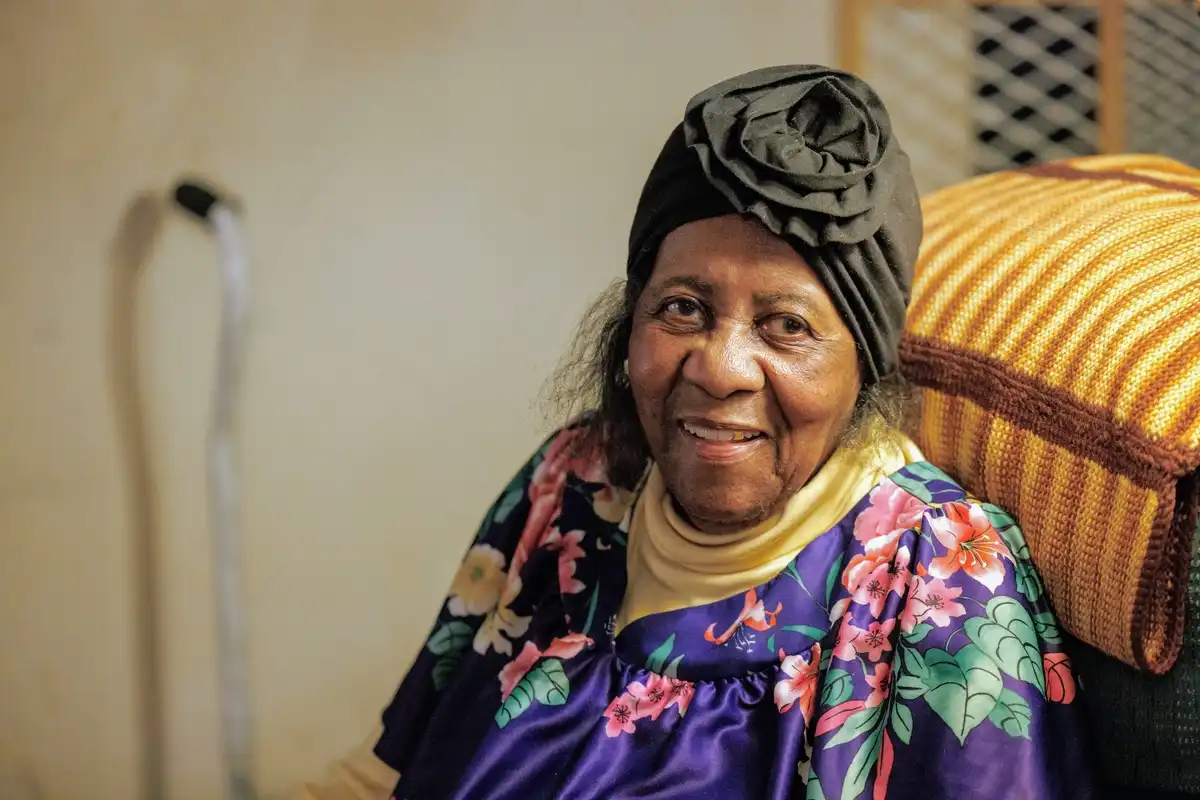June 4, 2020 – The National Anti-Hunger Organizations (NAHO) denounces the persistent structural racism that continues to plague our society. We condemn the killing of unarmed African American men and women and are deeply disturbed by the inhumane and violent death of George Floyd at the hands of the police.
While Americans are asked to shelter in place to protect their health and well-being, African Americans have lost their lives at an alarming rate to COVID-19, police brutality and at the hands of those with inherent racial biases. This senseless violence has resulted in the deaths of Ahmaud Arbery in Atlanta and Breonna Taylor in Louisville, and cost the dignity of countless others including Christian Cooper in New York City. It is not enough to just say their names; for our country to truly heal, we must surface and address the deep social disparities and racial biases that are driving the current outrage and protests.
As anti-hunger organizations we understand that structural racism is a root cause of hunger and poverty, and that rates of hunger are at least twice as high in communities of color. For decades, communities of color have faced structural barriers, and as a result their white counterparts are more advantaged in employment, income and education because of systemic racism. COVID-19 has exacerbated these disparities with African Americans, Latinxs, and Native Americans experiencing higher death rates, food insecurity, and loss of employment. The clear connections between race, wealth, and health are unavoidable and unacceptable.
The recent events are just the latest examples of a long history of systemic, structural racism and poverty and we should not expect communities of color to bear the burdens of society’s injustices and inequities. We share the outrage of communities caught in the legacy of structural racism and poverty. NAHO will continue to advance and demand public policies that ensure all communities have equitable access to food, health, shelter and economic opportunity. We also commit to shining a light on persistent racial biases in these public policies. When children and families have access to the basics they need to live and thrive, their economic outlook, health and educational outcomes improve. And when families thrive, our society thrives.
We must advocate and insist on a society that is just, equitable, inclusive and anti-racist. One where institutional racism is rooted out, and where the dignity of each individual, regardless of race or color, is embraced and respected. A society where one’s race is not a destiny for poverty, violence or hunger. In this moment, we recommit our organizations to ending structural racism and advancing racially equitable public policies that ensure access to healthy and nutritious food for all.

